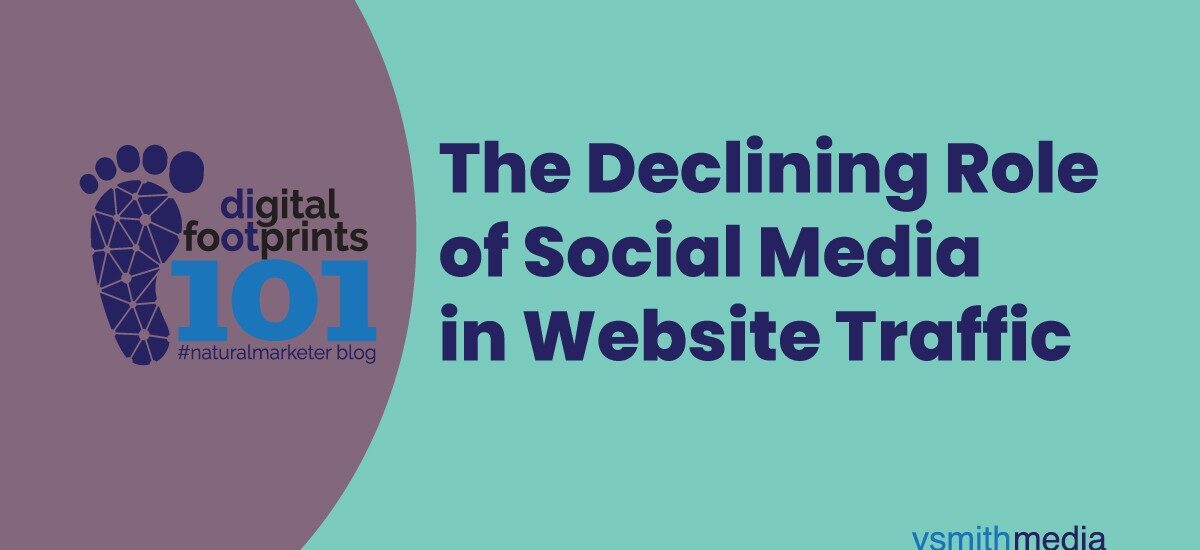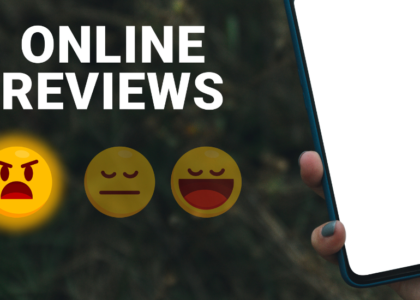It’s true that social media’s role in driving website traffic has been on the decline in recent years. While it can still be a valuable tool, several factors contribute to this shift:
1. Algorithm Changes: Social media platforms like Facebook and Instagram prioritize content based on user engagement and interests, not necessarily external links. This means organic reach for posts with website links has plummeted, making it harder for your content to be seen by your target audience unless you pay for ads.
2. Short-Form Video Boom: Platforms like TikTok and Reels have exploded in popularity, shifting user attention towards short, entertaining videos. This leads to less time spent browsing through feeds and clicking on links, further reducing website traffic driven by social media.
3. Saturation and Competition: The social media landscape is incredibly crowded, making it harder for brands to stand out organically. With algorithms favoring engagement and paid ads, it’s more challenging to compete and drive traffic naturally.
4. Focus on On-Platform Purchases: Platforms are increasingly incentivizing users to complete purchases directly within their apps, eliminating the need to navigate away to a website. This further reduces potential website traffic.
5. User Intent: Social media users, by nature, often have different intentions than those searching the web. They might be looking for entertainment, connection, or community, not necessarily seeking out specific websites or information.
However, it’s important to note that social media isn’t dead for driving website traffic:
- Targeted Ads: Paid social media campaigns can still be highly effective in reaching your target audience and driving them to your website. Proper targeting and ad optimization can make a significant difference.
- Building Brand Affinity: Social media can be a powerful tool for building brand awareness, trust, and engagement. This can translate into increased website traffic over time as users become more familiar with your brand.
- Content Marketing: Sharing valuable and engaging content on social media platforms can still attract users and encourage them to visit your website for more information.
- Community Building: Building a strong community around your brand on social media can lead to organic website traffic as users share content and refer each other.
The key is to adapt your social media strategy to the changing landscape. Focus on building quality content, engaging your audience, and using paid advertising strategically. Remember, social media is just one piece of the puzzle. Combine it with other marketing channels like SEO, email marketing, and influencer partnerships for a more effective website traffic strategy.
I hope this explanation helps! If you have any specific questions about your social media or website traffic strategies, feel free to ask. I’m always happy to help.





